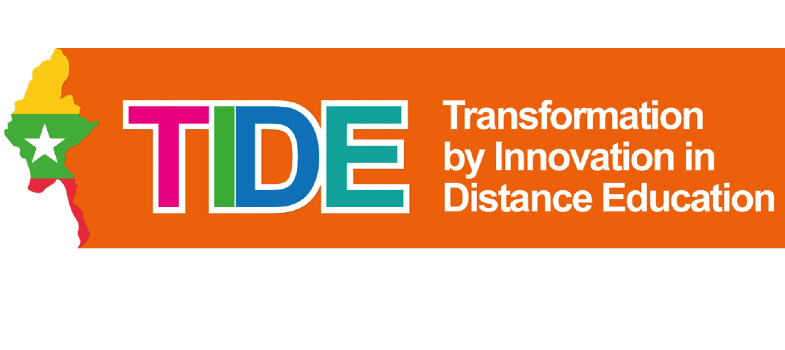2.3 Protecting personal data
An increasing number of services conduct business online. They all involve providing personal data over the internet. This may be shopping, banking or even a job application process.
Ensure that the webpage is secure by looking out for these features:
- secure sites will have a web address that begins https://
- some sites may provide a padlock in the address bar
- use websites that are trustworthy – you’ll be finding out how to judge how trustworthy a website is in Week 5.
There are a number of free tools that can warn you if a site you are accessing is considered unsafe before you access it. For hackers, their first target to attack is your browser because a browser stores lots of your personal data on their cookies. We’ve provided some examples below, but you might want to search for your own.
- WOT (Web of Trust) [Tip: hold Ctrl and click a link to open it in a new tab. (Hide tip)] – a free browser extension for Chrome that helps you decide which websites you can trust based on other users experiences.
- McAfee Site Advisor – free download that gives ratings to signal when to click and when to skip.
- Avira Browser Safety – a free browser extension for Chrome that blocks harmful sites, protects your privacy and finds deals while you shop.
- Virustotal – You can scan a suspicious link, files, or application. It will show you whether they contain any virus, malware, spyware, or any other threats.
2.2 Avoiding online scams and hoaxes

